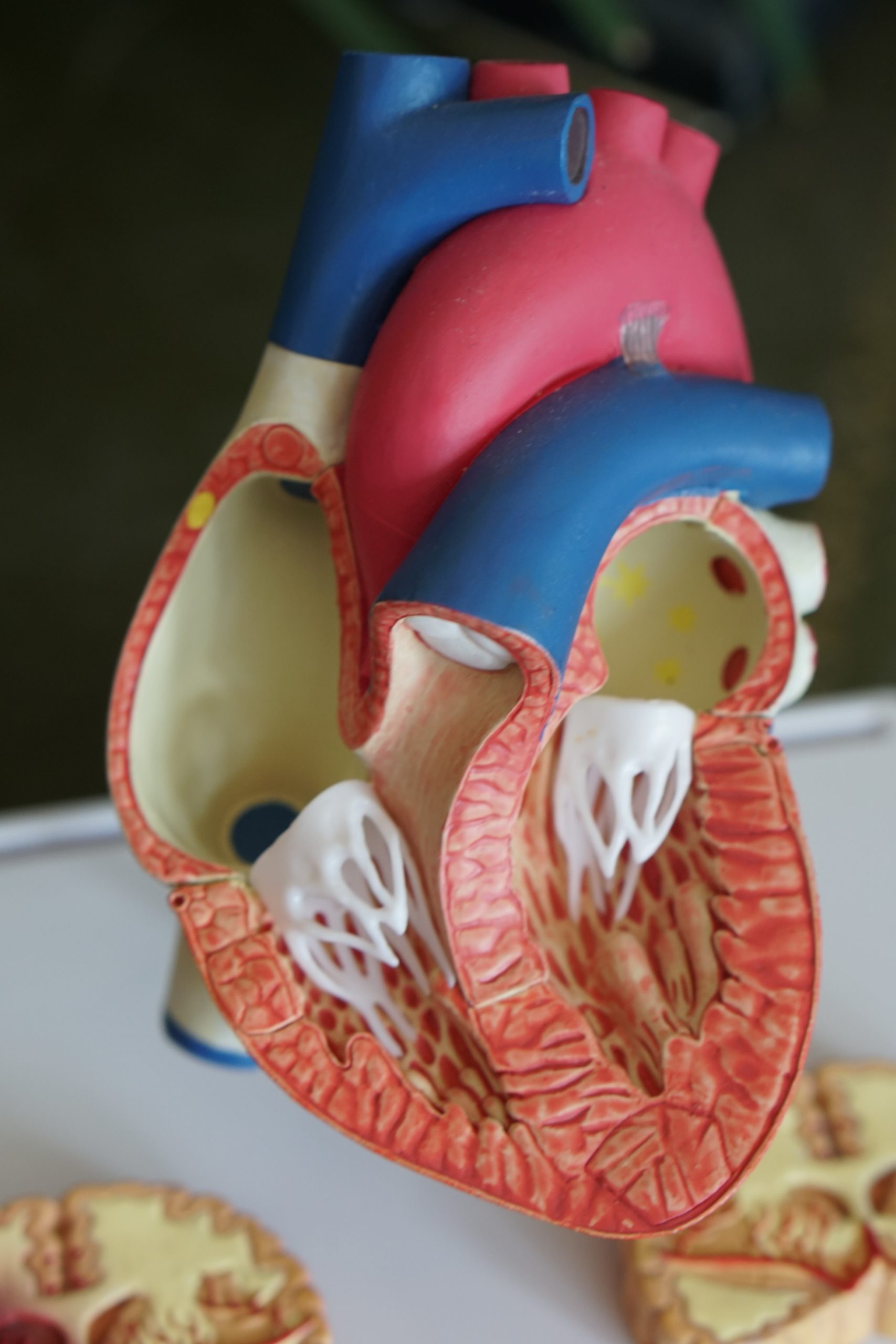
Gout is one of the most prevalent forms of inflammatory arthritis worldwide. It is caused by elevated uric acid levels in the blood (hyperuricemia) and the deposition of monosodium urate (MSU) crystals in and around joints. Patients diagnosed with gout often suffer comorbidities such as hypertension, type 2 diabetes, dyslipidemia, cardiac vascular disease (CVD), stroke, chronic kidney disease (CKD), and obesity.
Several observational studies have found a high prevalence of hyperuricemia and gout in patients with psoriasis (PsO), a common systemic chronic inflammatory disease. Patients with PsO are also at an increased risk for many of the same comorbidities that gout patients have. A large prospective cohort study published in Annals of the Rheumatic Diseases found that PsO is associated with an increased risk of subsequent gout. However, the impact of gout on the incidence of CVD in patients with PsO remains unknown.
A population-based prospective cohort study published in Frontiers in Immunology, sought to change that. Researchers investigated the association between gout and the incidence of CVD in patients with PsO utilizing a national database (a study population of roughly one million) with a follow-up of up to 14 years. Patients were divided into groups. The groups consisted of patients with PsO alone, patients with gout alone, and the general population (persons without PsO or gout). Patients were then matched for sex and age. Researchers then used Cox proportional hazard models and subgroup analyses to estimate the hazard ratios (HRs) for CVD while adjusting for traditional risk factors.
The authors of the study found that, compared with patients with PsO alone, the patients with combined PsO and gout had a significantly higher risk of CVD. After adjusting for other traditional risk factors related with CVD, the risk of CVD was higher in patients with gout alone and in patients with combined PsO and gout compared with people without PsO or gout.
“The significant impact of gout on the risk of developing CVD found in the present study strongly suggests that targeted education and therapeutic intervention of gout/hyperuricemia may help to reduce the risk of CVD in patients with PsO, and should be included in the guidelines or recommendations for PsO in the future,” the authors stated.







 © 2025 Mashup Media, LLC, a Formedics Property. All Rights Reserved.
© 2025 Mashup Media, LLC, a Formedics Property. All Rights Reserved.